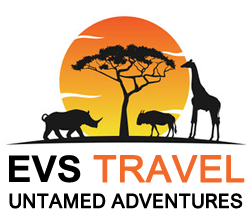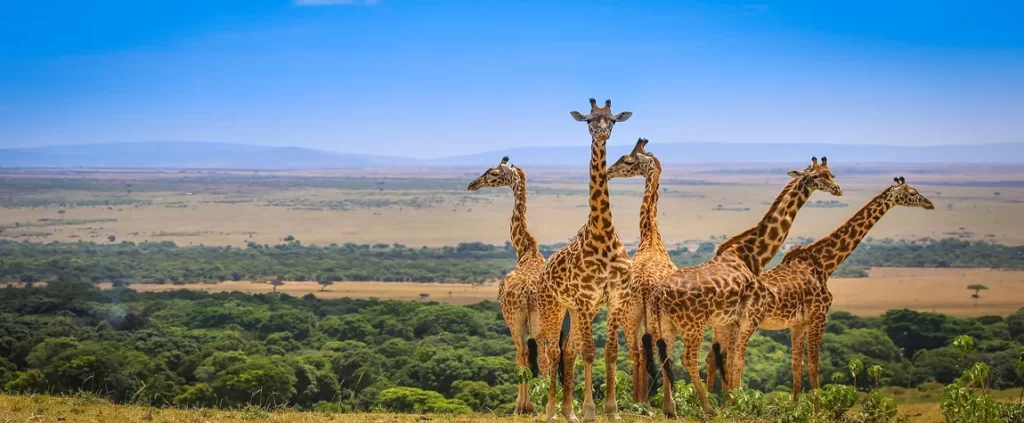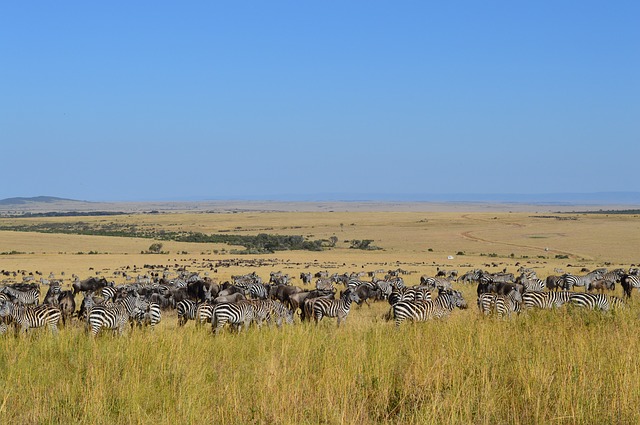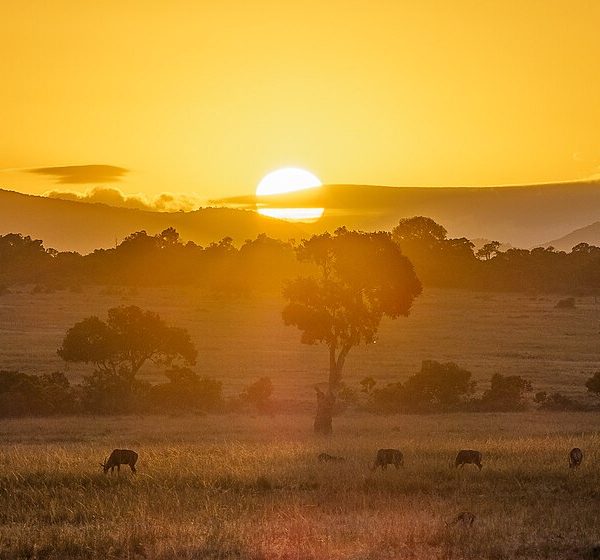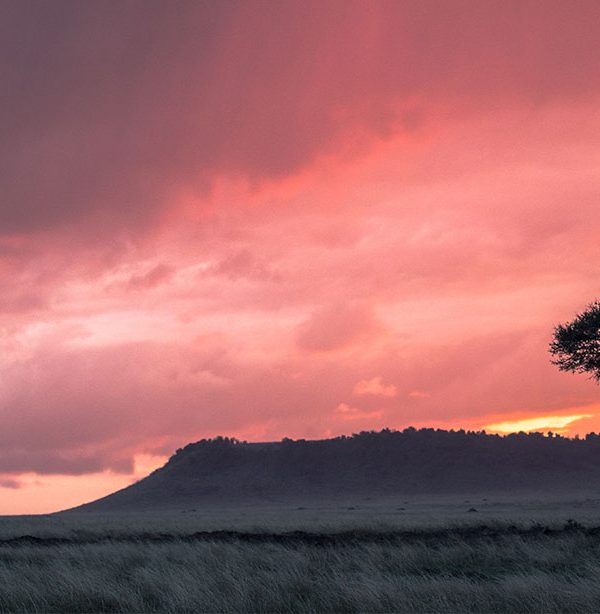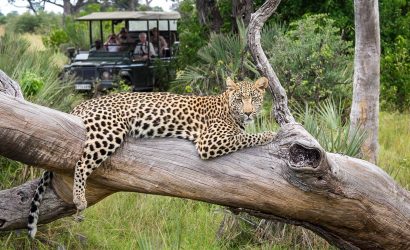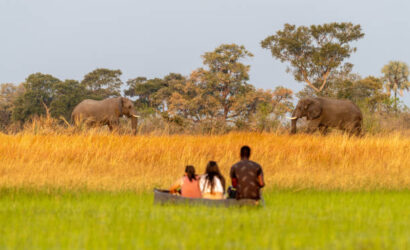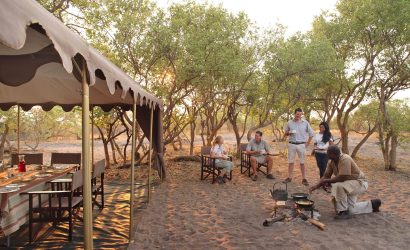Location & Size
- Situated in Narok County, southwestern Kenya, directly adjacent to Tanzania’s Serengeti, creating part of the vast Greater Mara ecosystem.
- Spanning approximately 1,510 km² (580 sq mi), established in 1961 and jointly managed by Narok County and the Mara Conservancy.
Wildlife & Scenery
- Known as one of Africa’s best Big Five destinations: lion, leopard, elephant, buffalo, and black rhino.
- Hosts the Great Wildebeest Migration: over 1.5 million wildebeest, zebras, and gazelles journey into the Mara from July to October.
- Features dramatic landscapes—from open grasslands and rocky escarpments (like Siria/Oloololo) to riverine woodlands along the Mara Rive.
Best Time to Visit
- June–October (Dry season): Ideal wildlife viewing and peak migration season.
- July–August: Dramatic river crossings—the heart of the migration spectacle.
- November–May (Green season): Lush scenery, birthing season, excellent birdwatching, and more affordable rates.
Beyond Game Drives
- Hot-air balloon safaris offer breathtaking aerial views of herds and landscapes.
- Guided walking safaris immerse you in the bush, tracking wildlife and learning from expert guides.
- Night drives (permitted in private conservancies only) reveal nocturnal wildlife like bush babies, aardvarks, and genets.
- Cage-free cultural visits to Maasai villages enhance understanding of local traditions.
Conservation & Community
- Maasai communities play a crucial role in anti-poaching and management via conservancies.
- The Mara Triangle (west Mara) is renowned for its conservation standards, fewer vehicles, and excellent wildlife sightings.
Summary Table
| Feature | Details |
|---|---|
| Best Time to Visit | June–October for migration & wildlife, Nov–May for green season, birds |
| Wildlife Highlights | Big Five, Great Migration, plains game, 500+ bird species |
| Top Activities | Game drives, hot-air balloon, walking & night safaris, cultural interaction |
| Landscape Types | Open grasslands, escarpments, riverine forest, rolling plains |
